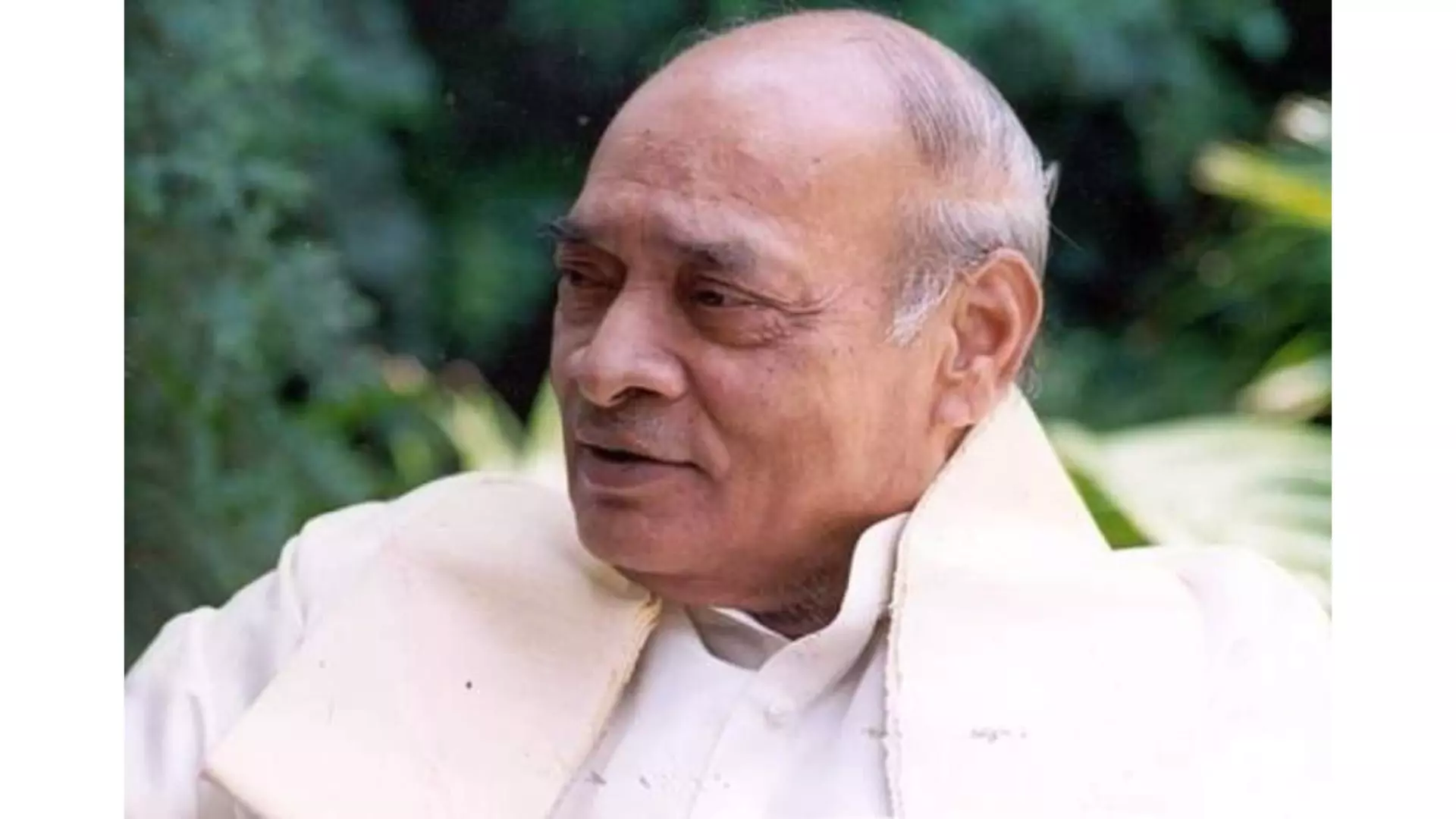The wedding extravaganza in Mumbai which so excited the world’s media might never have taken place if a despondent Manmohan Singh, India’s finance minister in 1991, had not told the then Prime Minister that people were accusing him of selling out to foreign interests. P.V.
Narasimha Rao retorted dryly: “Who would want to buy this country anyway?” Given that background to the glamour and glitter of India’s billionaire raj, there was no reason for Mamata Banerjee to announce that she “might not have gone” to the Ambani-Merchant wedding “but the entire family, from Nita ji to Mukesh ji, has been repeatedly requesting me to attend, so I am going”. Everyone would have assumed that West Bengal’s feisty chief minister would not have gone if all the courtesies due to her rank had not been observed. Moreover, Ms Banerjee had business in Mumbai with political allies like the Nationalist Congress Party’s Sharad Pawar, and Uddhav Thackeray of the Shiv Sena (UBT) group.

Why then the need for any kind of justification? One reason is the fashionable aversion to money that had prompted Dr Singh’s misgivings even though he took pride in abolishing wealth tax and pioneered other reforms that made it possible for an Azim Premji to emerge. The complex attitude to money is by no means confined to Indians. The Bible quotes Jesus Christ as saying that “it is easier for a camel to go through the eye of a needle than for a rich man to enter the kingdom of God”.
The Quran m.
















